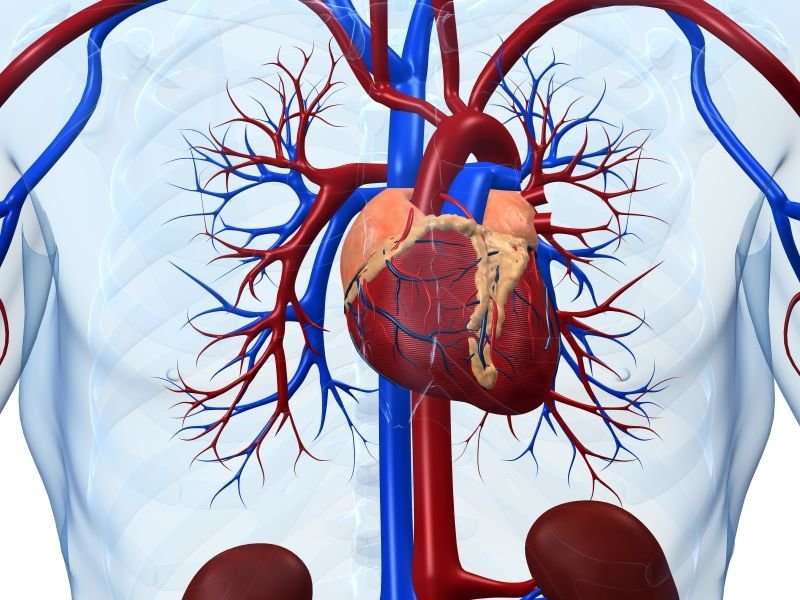(HealthDay)—The reduction in risk of cardiovascular (CV) death with empagliflozin is most mediated by changes in hematocrit and hemoglobin, according to research published online Dec. 4 in Diabetes Care.
Silvio E. Inzucchi, M.D., from Yale University in New Haven, Conn., and colleagues assessed the effects of potential mediators, identified post hoc, on the risk of CV death with empagliflozin compared with placebo among participants in the EMPA-REG OUTCOME trial involving 7,020 patients with type 2 diabetes and established cardiovascular disease.
The researchers found that changes in hematocrit and hemoglobin from baseline mediated 51.8 and 48.9 percent, respectively, of the effect of empagliflozin on the risk of CV death versus placebo. Uric acid, fasting plasma glucose, and hemoglobin A1c showed smaller mediation effects (maximum, 29.3 percent). When the effects of empagliflozin on hematocrit, fasting glucose, uric acid, and urine albumin-to-creatinine ratio were incorporated into a model, the combined changes from baseline provided 85.2 percent mediation of the effect of empagliflozin on CV death, while updated mean analyses provided 94.6 percent mediation.
"In this exploratory analysis from the EMPA-REG OUTCOME trial, changes in markers of plasma volume were the most important mediators of the reduction in risk of CV death with empagliflozin versus placebo," the authors write.
Several authors disclosed financial ties to pharmaceutical companies, including Boehringer Ingelheim and Eli Lilly and Co., which funded the EMPA-REG OUTCOME trial.
More information: Abstract/Full Text (subscription or payment may be required)
Journal information: Diabetes Care
Copyright © 2017 HealthDay. All rights reserved.






















